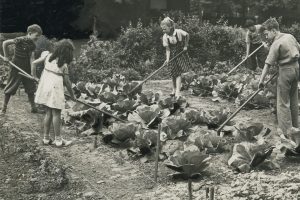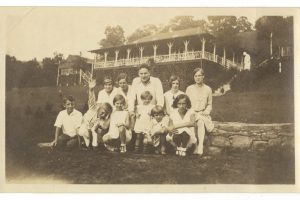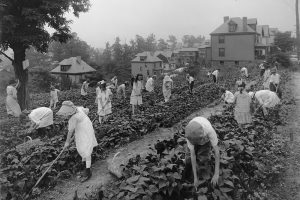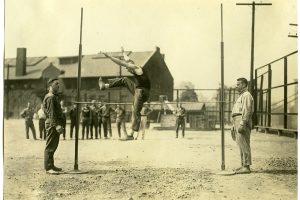Food & Fitness
Smart Steps
The History Center is proud to be the first museum in the nation to plan an exhibit in its stairwell. The SmartSteps exhibit, presented by UPMC Health Plan, encourages museum visitors to climb the stairs and blend health and history. Forgo the elevator and take the steps to explore the History Center’s six floors of exhibit space and be treated to colorful murals with wellness tips, health information, and unique facts about Pittsburgh history.
History Center Decathlon
Bonus Workout: The History Center Decathlon
Looking for a fun way to get even more exercise during your visit to the History Center? Then try out the History Center Decathlon, sponsored by UPMC Health Plan. Check out all six floors of the museum – and get fit, too!
Sport and the Body
In the Sports Museum you can test your skill and knowledge about Sport and the Body.
Can you jump like a basketball player? Test yourself on the Vertical Leap. Want to take up running? Learn the correct way to stretch. Need some help getting those five-a-day fruits and vegetables or remembering portion control sizes? You can find the information at the Western Pennsylvania Sports Museum.
Family Foodways
Learn more about how family history is shared through recipes passed down from generation to generation.





